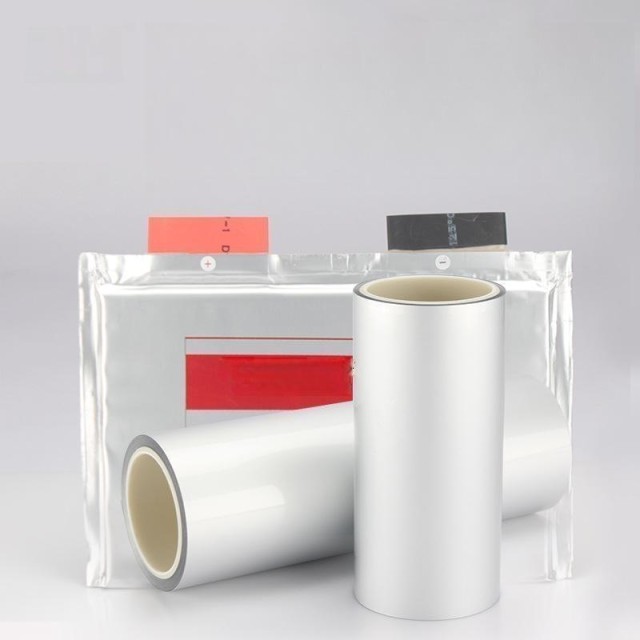
battery material
Aluminum-Plastic Flexible Packaging Film for Lithium Battery Packaging
Item Number : BC-12
Price varies based on specs and customizations
- Material
- composite material
Shipping:
Contact us to get shipping details Enjoy On-time Dispatch Guarantee.
Why Choose Us
Easy ordering process, quality products, and dedicated support for your business success.
Application
Aluminum-plastic composite film, also known as aluminum-plastic film, is an important material for lithium battery flexible packaging. It is composed of layers of ON (outer nylon), AL (aluminum foil), and CPP (inner heat seal). The film is critical to protect the battery's internal components and requires specific properties such as barrier strength, heat-sealing ability, electrolytic resistance, flexibility and mechanical strength. This product is mainly used in consumer electronic batteries, providing high resistance to electrolyte corrosion.
The production process of the film is thermal and requires no glue, ensuring excellent adhesion, durability and temperature resistance. It is especially suitable for various battery types and maintains high heat seal strength over a wide temperature range, thereby improving battery packaging and processing.
Aluminum-plastic film has excellent electrolyte properties and is an important safe material for soft-pack lithium batteries. Unlike metal-cased batteries, pouch cells wrapped in this film are safer because they don't accumulate energy and gas, but could explode if something goes wrong.
Detail & Parts
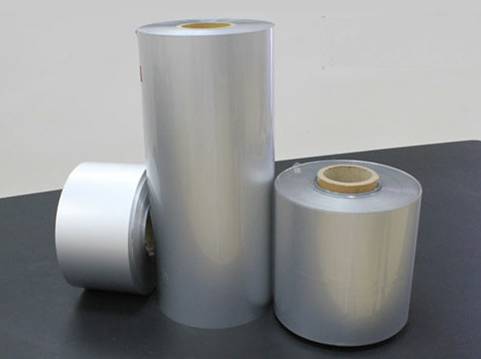
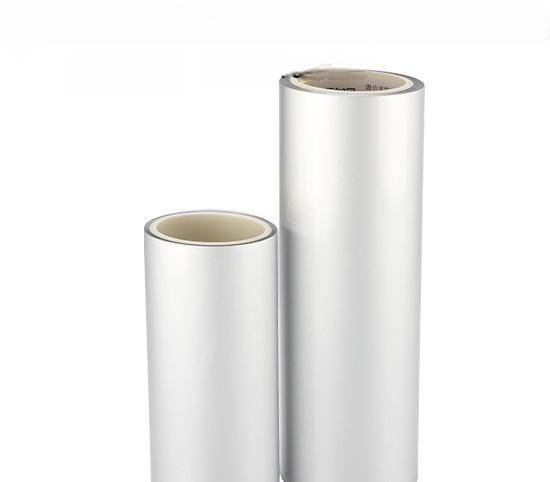
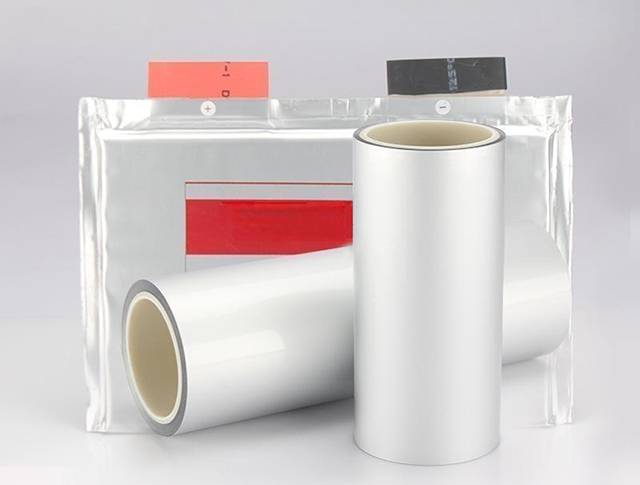
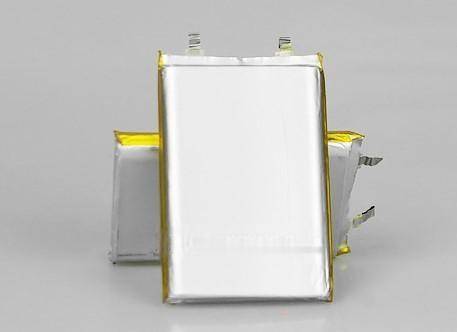
The products we show are available in different sizes and custom sizes are available on request.
Advantages
Aluminum plastic film has high safety, good barrier properties, chemical stability and resistance to medium damage, so that the battery has a lower self-discharge rate compared with other types of batteries.
When using, cut the film into the desired shape and heat seal it at the recommended temperature of 180-205°C for about 10-20 seconds.
Trusted by Industry Leaders

FAQ
What Considerations Should Be Made For Battery Case Gaskets?
What Is The Role Of Battery Case Gaskets?
What Are Lithium-air Battery Cases?
How Should Button Battery Cases Be Chosen For Specific Applications?
4.7 / 5
I was skeptical at first, but these films actually deliver. They're sturdy and protect the batteries well.
4.8 / 5
These films are a game-changer for my battery packaging needs. They're easy to use and provide excellent protection.
4.9 / 5
I've been using these films for a while now and I'm thoroughly impressed. They're durable, reliable, and offer great value for money.
4.6 / 5
These films are a lifesaver! They've helped me improve the performance and safety of my lithium batteries.
4.8 / 5
I'm amazed by the quality and durability of these films. They're perfect for my battery packaging needs.
4.7 / 5
These films are a great investment. They're strong, flexible, and protect my batteries from damage.
4.9 / 5
I highly recommend these films. They're top-notch quality and provide excellent protection for my batteries.
4.8 / 5
These films are a must-have for anyone working with lithium batteries. They're reliable and offer great value for money.
4.7 / 5
I'm very satisfied with these films. They're easy to use and provide excellent protection for my batteries.
4.9 / 5
These films are a game-changer. They've helped me improve the safety and performance of my lithium batteries.
4.8 / 5
I'm impressed with the quality and durability of these films. They're perfect for my battery packaging needs.
4.7 / 5
These films are a great investment. They're strong, flexible, and protect my batteries from damage.
4.9 / 5
I highly recommend these films. They're top-notch quality and provide excellent protection for my batteries.
4.8 / 5
These films are a must-have for anyone working with lithium batteries. They're reliable and offer great value for money.
4.7 / 5
I'm very satisfied with these films. They're easy to use and provide excellent protection for my batteries.
4.9 / 5
These films are a game-changer. They've helped me improve the safety and performance of my lithium batteries.
4.8 / 5
I'm impressed with the quality and durability of these films. They're perfect for my battery packaging needs.
4.7 / 5
These films are a great investment. They're strong, flexible, and protect my batteries from damage.
4.9 / 5
I highly recommend these films. They're top-notch quality and provide excellent protection for my batteries.
4.8 / 5
These films are a must-have for anyone working with lithium batteries. They're reliable and offer great value for money.
REQUEST A QUOTE
Our professional team will reply to you within one business day. Please feel free to contact us!
Related Products

Aluminum Foil Current Collector for Lithium Battery
The surface of aluminum foil is extremely clean and hygienic, and no bacteria or microorganisms can grow on it. It is a non-toxic, tasteless and plastic packaging material.
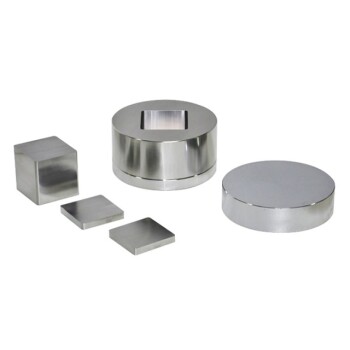
Square Lab Press Mold for Laboratory Applications
Create uniform samples easily with Square Lab Press Mold - available in various sizes. Ideal for battery, cement, ceramics, and more. Custom sizes available.
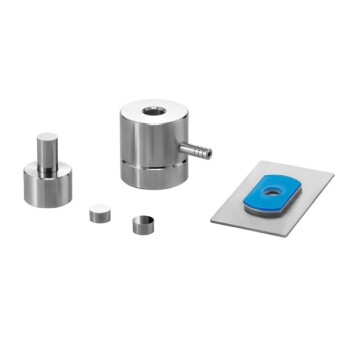
Lab Infrared Press Mold
Easily release samples from our lab infrared press mold for accurate testing. Ideal for battery, cement, ceramics, and other sample preparation research. Customizable sizes available.
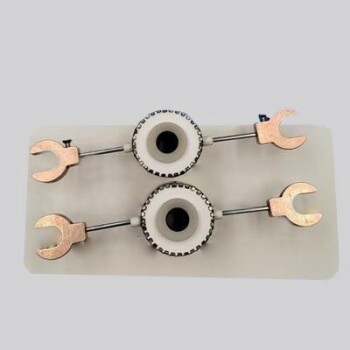
Aluminized Ceramic Evaporation Boat for Thin Film Deposition
Vessel for depositing thin films; has an aluminum-coated ceramic body for improved thermal efficiency and chemical resistance. making it suitable for various applications.
Related Articles

Electrolytic Batteries A Solution to the Growing Energy Demands
The design of electrolytes remains a challenge, but automated discovery and the power of AI are promising tools for advancing this field.

Battery sealing machine operating steps and precautions
Introduction to the operating steps and precautions of the battery sealing machine

Pressing Powder Samples and Molding Polymer Films: A Comprehensive Guide
Pressing powder samples is done to create a solid material that remains intact even after the load is removed. This process involves pushing the powder grains closer together, closing the gaps between them and forcing them to flow and rearrange themselves into a more compact arrangement. As the available volume reduces, the flow of particles stops, and they undergo plastic and elastic deformations that result in bonding between the grains.

Design and Application of Reference Electrodes in Lithium Batteries
This article discusses the selection and design of reference electrodes for lithium batteries, focusing on active materials like lithium metal, lithium alloys, and lithium-embedded oxides.

Design Principle and Application of Reference Electrodes for Lithium Batteries
Discusses the design principles, types, applications, and future directions of reference electrodes in lithium batteries.

Carbon Coating for Surface Modification of Silicon-Based Materials in Lithium-Ion Batteries
This article discusses the application of carbon coatings to improve the performance of silicon-based anode materials in lithium-ion batteries.

PECVD Nano-Coating Applications Beyond Waterproofing and Corrosion Prevention
Explores diverse PECVD nano-coating applications including waterproofing, anti-corrosion, antibacterial, hydrophilic, and wear-resistant films.

Applications of PECVD Nano-Coating Technology in Electronic Devices
PECVD nano-coating technology enhances durability and reliability in various electronic devices.

Thin Film System Design: Principles, Considerations, and Practical Applications
An in-depth exploration of thin film system design principles, technological considerations, and practical applications in various fields.

Impact of Various Power Supplies on Sputtered Film Morphology
This article discusses how different power supplies affect the morphology of sputtered film layers, focusing on DC, PDC, and RF power supplies.

Considerations for Evaporative Coating on Flexible Substrates
Key factors in successful evaporative coating on flexible materials, ensuring quality and performance.

Factors Affecting the Adhesion of Magnetron Sputtered Films
An in-depth analysis of the key factors influencing the adhesion of films prepared via magnetron sputtering technology.